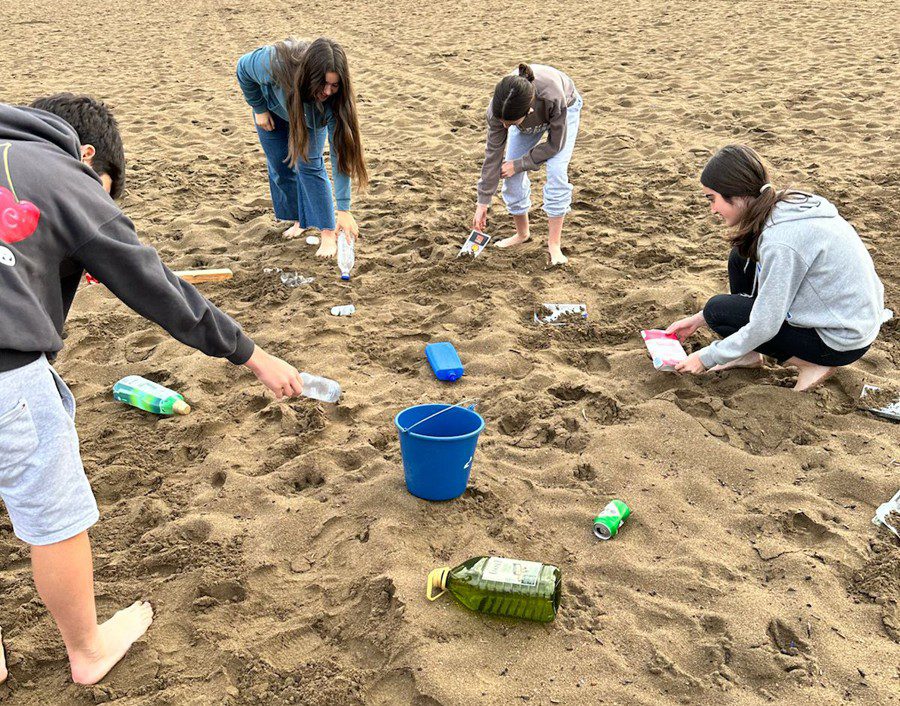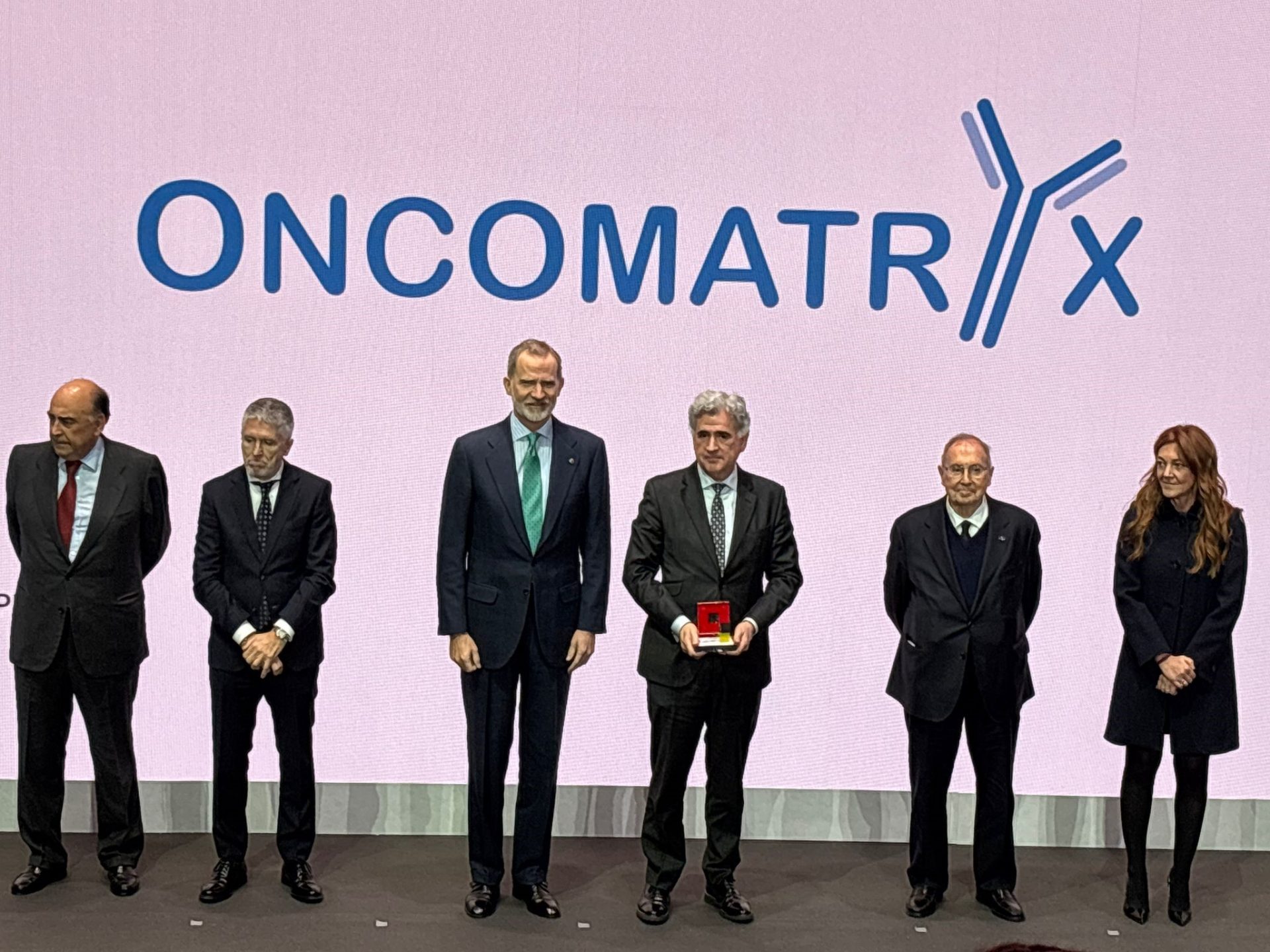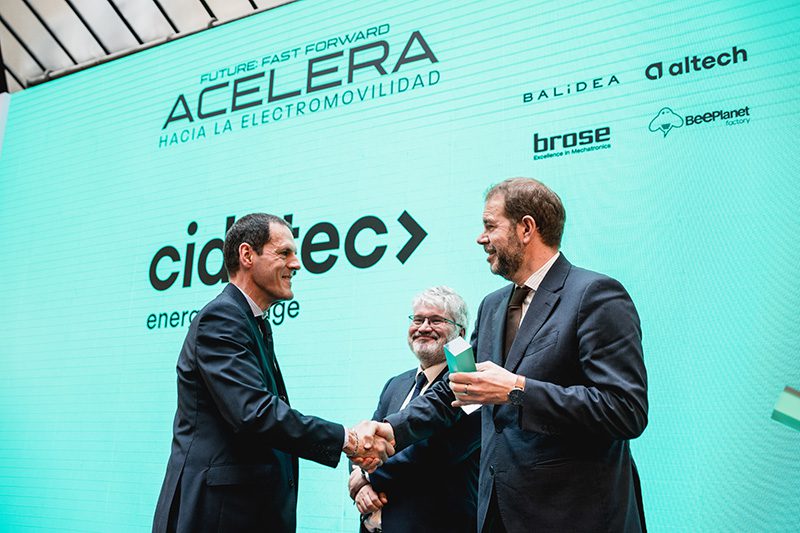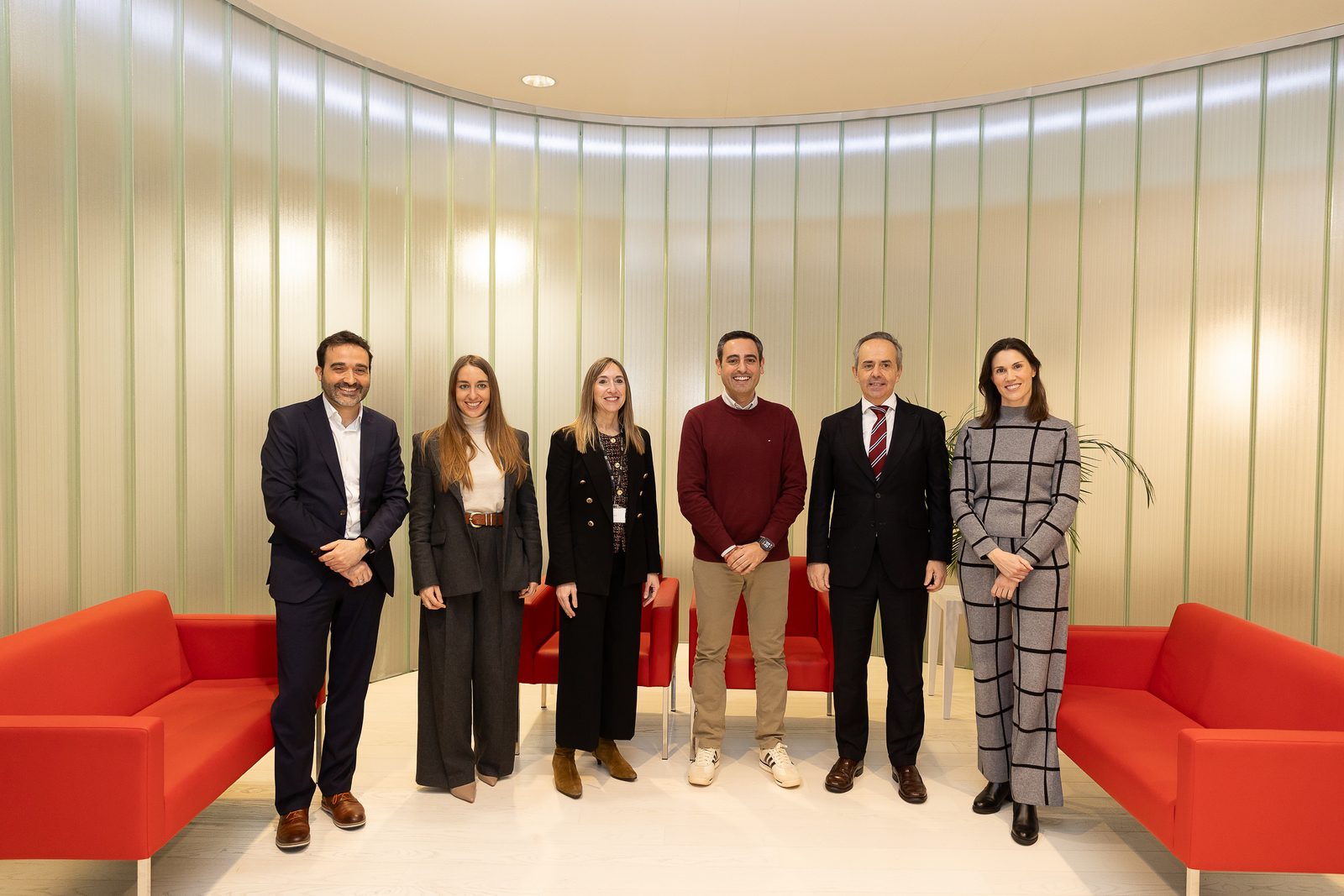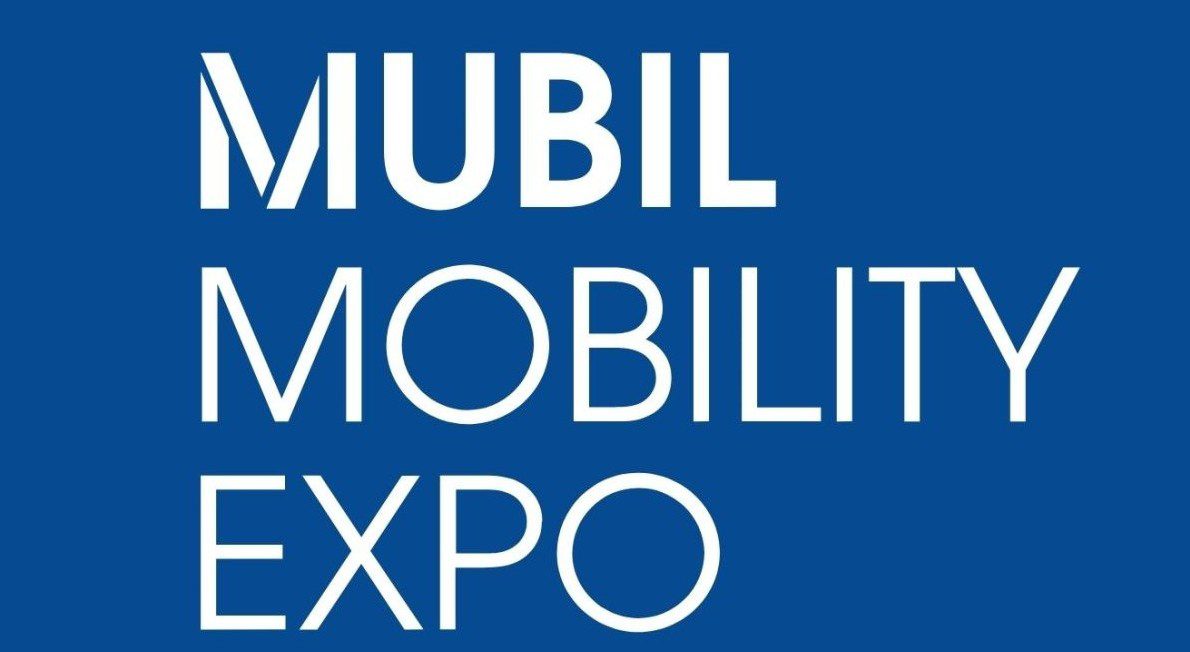The “la Caixa” Foundation is providing nearly one million euros in funding for a project led by CIC bioGUNE to promote immunotherapy against cancer

The initiative, which brings together institutions from Spain and Portugal, will use advanced nanotechnology to convert cancer-associated glycans into new therapeutic targets and strengthen the immune system’s response to cancer.
The “la Caixa” Foundation has selected and funded the GlycoTARGET project, an international consortium led by the Centre for Cooperative Research in Biosciences (CIC bioGUNE), a member of BRTA, within the framework of the CaixaResearch 2025 Health Research Call, with a budget of €998,670. This funding recognises the scientific excellence of the project and its potential impact on public health.
The consortium is made up of institutions from Spain and Portugal, including the University of the Basque Country (EHU), the Biofisika Institute (EHU-CSIC), the Biogipuzkoa Health Research Institute, the Rovira i Virgili University (URV) and the Champalimaud Foundation (Portugal). Scientific leadership in the Basque Country institutions falls to Ikerbasque researchers June Ereño-Orbea, Edurne Rujas and Maria M. Caffarel, while Omar Boutureira and Carlos Minutti represent the Universitat Rovira i Virgili and the Champalimaud Foundation, respectively. Coordinated by CIC bioGUNE, over the next three years the consortium will develop innovative immunotherapy strategies against cancer, combining nanotechnology and immunology to transform cancer-related glycans into new therapeutic targets.
Tumour cells often present glycans, sugar molecules on the cell surface, which act as molecular ‘camouflage’, helping cancer evade detection by the immune system. GlycoTARGET aims to overcome this challenge through GlycoDISCs, lipid nanodisks designed to clearly and prominently display glycans to the immune system.
These nanodiscs are designed to deliver glycans specifically to dendritic cells, which initiate adaptive immune responses, while simultaneously releasing fragments that activate T cells and other immune signals. In addition, they incorporate components that enhance immune system activation, including adjuvants selected to boost the overall immune response, creating a versatile platform. Beyond cancer, this technology has potential applications in antibody discovery, vaccine development, and the creation of precision diagnostic tools to address other diseases.
‘Thanks to the support of the “la Caixa” Foundation, we will be able to apply our technology, which is capable of transforming the way the immune system recognises glycans and, as a result, expanding therapeutic opportunities for patients with diseases such as cancer,’ explains June Ereño-Orbea, principal investigator at the Cancer Glycoimmunology Laboratory at CIC bioGUNE and project leader.
The support of the “la Caixa” Foundation reflects its commitment to biomedical research excellence and the promotion of initiatives that integrate basic and translational science. The funding will enable the consortium to advance ex vivo and in vivo studies, optimise adjuvants, evaluate the immune response and explore the diagnostic and therapeutic potential of the technology. This project highlights the importance of international collaboration, combining the scientific leadership of CIC bioGUNE with the complementary knowledge of Spanish and Portuguese institutions to generate innovative solutions to cancer.
